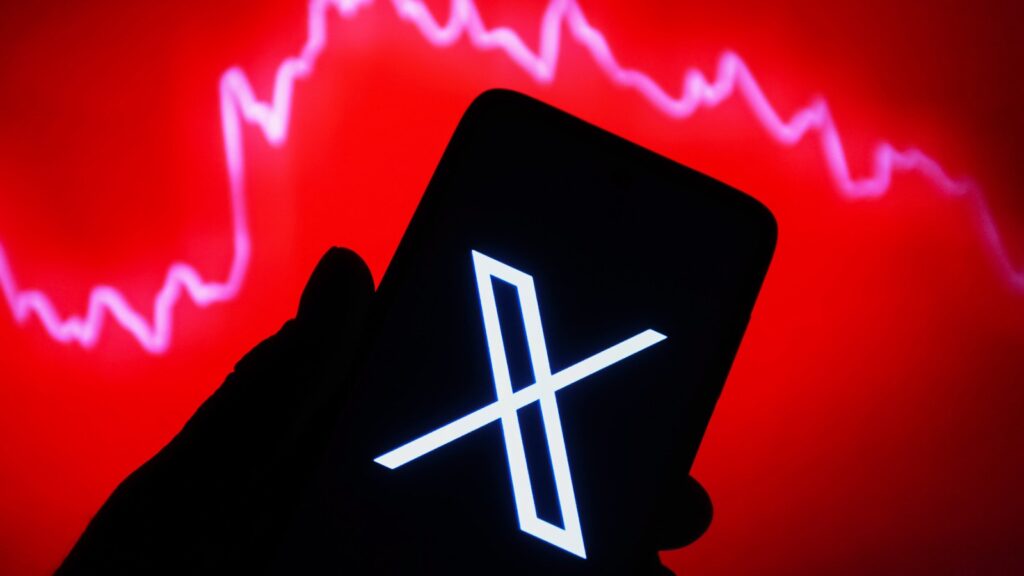Twitter’s Scammy Advertisers Are Getting Wrecked by Community Notes
In November, Elon Musk told advertisers “Go fuck yourselves” for abandoning X (formerly Twitter) over concerns about white supremacist content and Musk’s own affinity for antisemitic conspiracy theories. The big brands seemed only too happy to comply, and these days, users will find their feeds littered with spam touting dubious no-name products and services, from supposedly better bras to cryptocurrency exchanges, instead of recognizable promotions from the likes of Disney or Apple.
Musk needs these bottom-of-the-barrel advertisers, because paid user subscriptions likely aren’t making much money — plus he’s now paying some blue-check creators who reap significant engagement on their posts. But there’s another app feature, much touted by Musk as a counterweight to the misinformation that continues to run rampant on the site, which undercuts the deceptive promises made in many garbage ads: Community Notes. Fact-checkers have increasingly weaponized the tool to point out potential scams and bogus bargains.
One shady business practice routinely exposed by Community Notes crews is “dropshipping.” The seller finds a cheap, possibly even counterfeit product on a Chinese retail site, then dresses it up with social media advertising to create the impression that it’s a high-end, specially manufactured item in order to flip it for a profit. They never even handle the goods, and the gullible customer gets stuck with a piece of junk.
Another genre of advertising demolished by Community Notes is mobile game ads, known for a bait-and-switch ploy where the game you download is much lower quality than the animation you’d see showcased on social media. It’s now all but impossible for companies and developers pumping out these apps to dupe buyers with a flashy preview. Copyright issues related to AI tech also tend to get highlighted.
Fad diets and exercise programs, ever the bread and butter of unscrupulous hucksters trying to make an easy buck on the internet, have likewise proved no match for crowdsourced research. The fitness program V Shred, endorsed by sketchy celebrity doctor Drew Pinksy, has earned notes labeling the business a “scam” and debunking claims that cardio exercise doesn’t help you lose weight.
But it gets even more bizarre — simply because X appears to be accepting money from business owners so divorced from reality or indifferent to it that they seek clicks with outrageous claims and fake news. Musk’s platform, which has plummeted in value by about 72 percent since he bought it in late 2022, is even desperate enough for ad dollars that they’ll publicize a video streaming site pushing phony science about how smoking cigarettes can reduce the severity of Covid-19 infection.
Clearly, this isn’t sustainable. At some point the advertisers will have to realize that Community Notes defeats the purpose of paying for exposure on X, and then, perhaps, this last bit of brand revenue will dry up. In the meantime, Musk and his severely downsized staff have proven either unable or unwilling to cull the most obvious scammers from the dwindling ranks of their brand partners despite users consistently calling them out.
And when these dregs are gone, what will be left but individuals and organizations paying nominal fees to spread misinformation and propaganda? Unlike regular advertisers, they don’t have to pitch a product — all that matters is gaining visibility, and getting hit with a Community Note is almost besides the point. It might actually make us nostalgic for the trash clogging up the site today.





